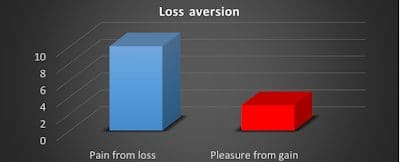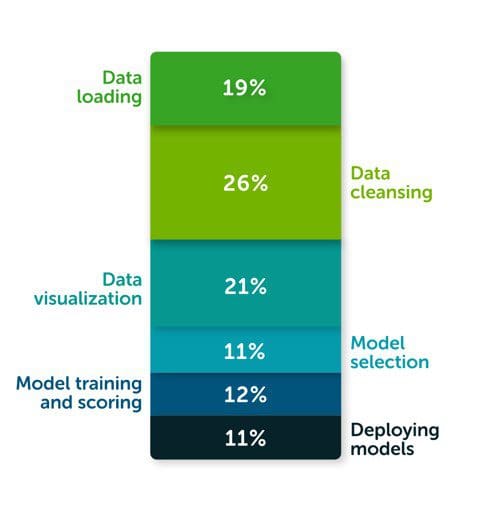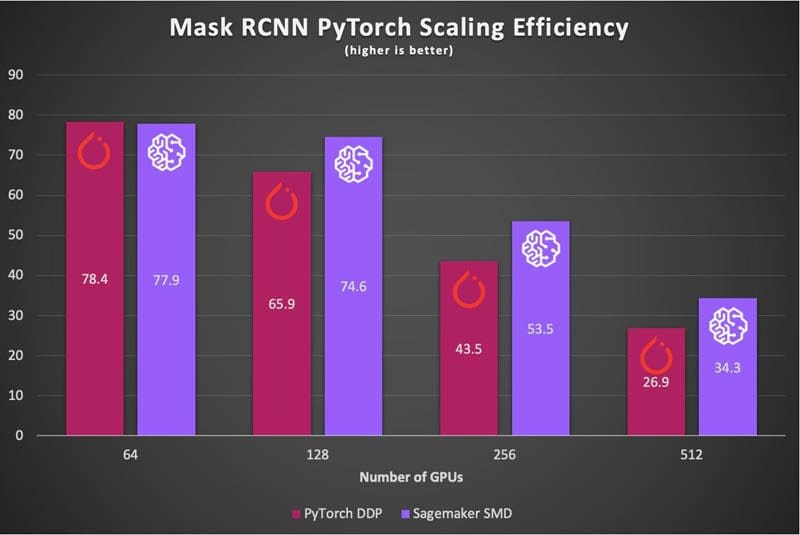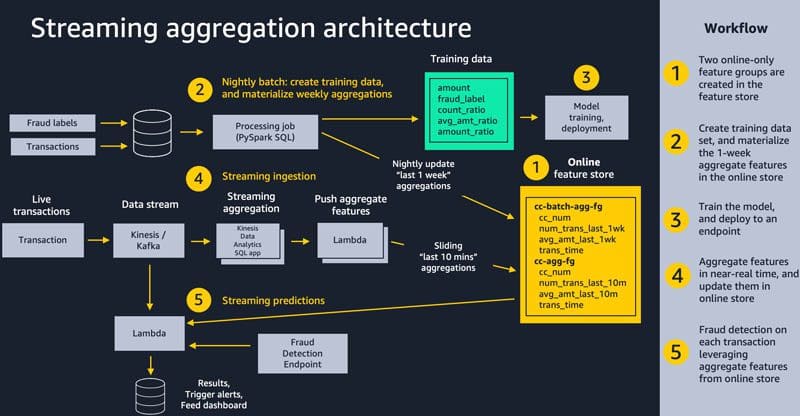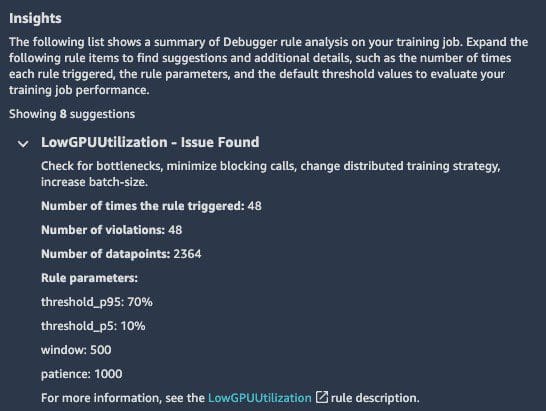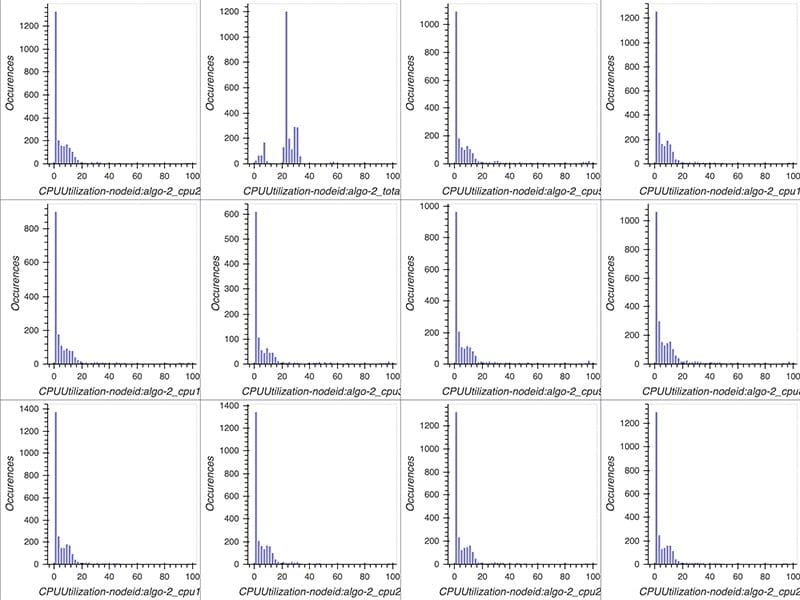Favorite Editor’s note: Today’s guest post comes from Darren Grover, Head of Healthy Land and Seascapes at the World Wide Fund For Nature Australia. Over the next six months, more than 600 sensor cameras will be deployed in bushfire-affected areas across Australia, monitoring and evaluating the surviving wildlife populations. This
Read More
 Shared by Google AI Technology December 15, 2020
Shared by Google AI Technology December 15, 2020
Favorite In a project based organisation, project managers bear much of the accountability for KM within the projects. There are two dimensions to KM within a project based organisation. These are KM within individual projects, and KM across and between the projects. Any project based organisation needs to consider both
Read More
 Shared by Nick Milton December 15, 2020
Shared by Nick Milton December 15, 2020
Favorite The risk of loss of the status quo can be a powerful disincentive for change, and can be a powerful factor working against knowledge management implementation. There is a very apt quote from Machiavelli (The Prince, 1532), which applies to Knowledge Management as it does to any change initiative:
Read More
 Shared by Nick Milton December 14, 2020
Shared by Nick Milton December 14, 2020
Favorite According to The State of Data Science 2020 survey, data management, exploratory data analysis (EDA), feature selection, and feature engineering accounts for more than 66% of a data scientist’s time (see the following diagram). The same survey highlights that the top three biggest roadblocks to deploying a model in
Read More
 Shared by AWS Machine Learning December 12, 2020
Shared by AWS Machine Learning December 12, 2020
Favorite Amazon SageMaker Autopilot automatically trains and tunes the best machine learning (ML) models for classification or regression problems while allowing you to maintain full control and visibility. This not only allows data analysts, developers, and data scientists to train, tune, and deploy models with little to no code, but
Read More
 Shared by AWS Machine Learning December 11, 2020
Shared by AWS Machine Learning December 11, 2020
Favorite Note: At the AWS re:Invent Machine Learning Keynote we announced performance records for T5-3B and Mask-RCNN. This blog post includes updated numbers with additional optimizations since the keynote aired live on 12/8. At re:Invent 2019, we demonstrated the fastest training times on the cloud for Mask R-CNN, a popular
Read More
 Shared by AWS Machine Learning December 11, 2020
Shared by AWS Machine Learning December 11, 2020
Favorite Businesses are increasingly using machine learning (ML) to make near-real time decisions, such as placing an ad, assigning a driver, recommending a product, or even dynamically pricing products and services. ML models make predictions given a set of input data known as features, and data scientists easily spend more
Read More
 Shared by AWS Machine Learning December 11, 2020
Shared by AWS Machine Learning December 11, 2020
Favorite At AWS re:Invent 2020, AWS released the profiling functionality for Amazon SageMaker Debugger. In this post, we expand on the importance of profiling deep neural network (DNN) training, review some of the common performance bottlenecks you might encounter, and demonstrate how to use the profiling feature in Debugger to
Read More
 Shared by AWS Machine Learning December 11, 2020
Shared by AWS Machine Learning December 11, 2020
Favorite Machine learning (ML) has shown great promise across domains such as predictive analysis, speech processing, image recognition, recommendation systems, bioinformatics, and more. Training ML models is a time- and compute-intensive process, requiring multiple training runs with different hyperparameters before a model yields acceptable accuracy. CPU- and GPU-based distributed training
Read More
 Shared by AWS Machine Learning December 10, 2020
Shared by AWS Machine Learning December 10, 2020
Favorite We’re excited to announce Amazon HealthLake, a new HIPAA-eligible service for healthcare providers, health insurance companies, and pharmaceutical companies to securely store, transform, query, analyze, and share health data in the cloud, at petabyte scale. HealthLake uses machine learning (ML) models trained to automatically understand and extract meaningful medical
Read More
 Shared by AWS Machine Learning December 10, 2020
Shared by AWS Machine Learning December 10, 2020
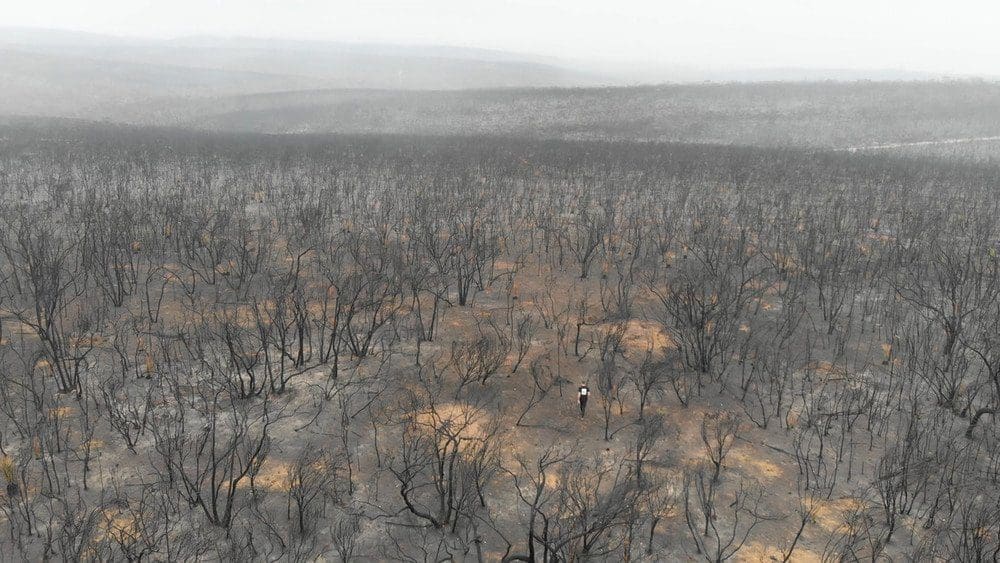
![]() Shared by Google AI Technology December 15, 2020
Shared by Google AI Technology December 15, 2020
